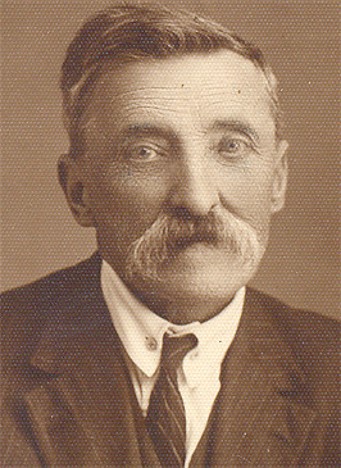Levytsky, Modest
Levytsky, Modest [Levyc’kyj] (pseuds V. Makohonenko, M. Pylypovych), b 25 July 1866 in Vykhylivka, Proskuriv county, Podilia gubernia, d 16 June 1932 in Lutsk, Volhynia voivodeship. Physician, civic leader, and writer; brother of Sofiia Levytska. After graduating from Kyiv University in 1893, he practiced medicine in Kovel, Okny, Boiarka (near Kyiv), Radyvyliv, and Bila Tserkva. In 1918–19 he headed the sanitary and cultural-educational departments of the Ukrainian National Republic (UNR) Ministry of Highways. In 1919 he served as adviser, and later, as head, of the UNR diplomatic mission to Greece. As an émigré he directed a tuberculosis hospital for Ukrainian veterans in Zakopane (1922) and then lectured at the Ukrainian Husbandry Academy in Poděbrady. In 1927 he settled in Lutsk, where he practiced medicine and taught Ukrainian in secondary school. He wrote short stories, recollections, popular medical pamphlets, and translations. His stories appeared in periodicals, such as Kievskaia starina, Hromads’ka dumka, Rada (Kyiv), the monthly Nova hromada, and Literaturno-naukovyi vistnyk, under the pseudonyms M. Pylypovych and Vybornyi-Makohonenko, and in separate collections, including V sudi (In Court, 1918), Gloria vistis (1925), Zemlytsia ridna (Native Land, 1926), and Tiazhka doroha (The Hard Road, 1928). He translated several novels into Ukrainian, including Henryk Sienkiewicz's Quo vadis, and Sholem Asch's play Got fun Nekomeh (The God of Vengeance).
[This article originally appeared in the Encyclopedia of Ukraine, vol. 3 (1993).]
